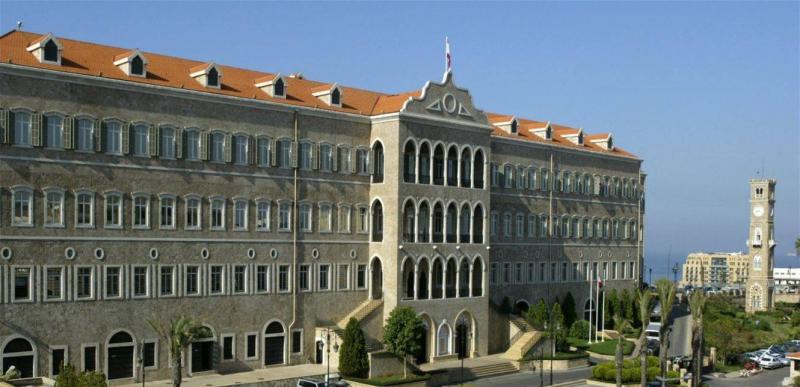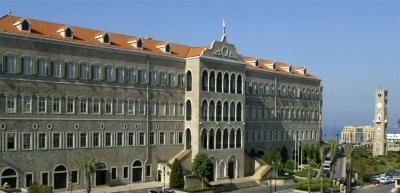The caretaker Prime Minister Hassan Diab chaired a meeting of the ministerial committee to follow up on the COVID-19 vaccination plan at the Grand Serail.
At the beginning of the meeting, which will discuss the vaccination plan, Diab affirmed that the time has come to restore normal life as the countdown begins for the launch of the national vaccination campaign against COVID-19, not only in Lebanon but worldwide. He added that the key to solving crises in Lebanon is the formation of a government that will continue the reforms that have been started and implement them, continue negotiations with the International Monetary Fund, and begin executing the economic plan set by the caretaker government, after making amendments due to the changes that have occurred since the plan was drafted.
Diab noted that the political priority today must be the formation of a government to ease the suffering of the Lebanese people, emphasizing that the new government will face significant social, economic, and financial challenges. He stated, "The people's outcry is understandable and heard...Lebanese people are facing huge challenges." He confirmed that the state is providing assistance despite its challenging financial situation, indicating that the army has begun distributing a new batch of 400,000 Lebanese pounds assistance to about a quarter of a million families, acknowledging that this aid does not meet their needs but helps alleviate burdens.
He referred to the protests that Lebanon witnessed yesterday, stating, "There is a big difference between the honest expression of people's pain and acts of vandalism and assault on state institutions and the property of citizens." He stressed that there is a significant difference between those who are truly in need and political exploitation of their needs and distorting their legitimate demands.
He considered that "what we saw in the past two days does not resemble the demands of the people and does not express their suffering. What we saw was an attempt to hijack the people’s demands and use them in political battles." He pointed out that it is unacceptable to destroy the city of Tripoli or any area in Lebanon to send political messages, nor is it acceptable to block roads to people in the context of political confrontation.
He emphasized that "the government is neither formed nor obstructed by burning tires, blocking roads, and assaulting state institutions and targeting the Internal Security Forces and the Lebanese Army. Unfortunately, what is happening increases the suffering of the Lebanese. The virus is spreading rapidly, and without the lockdown, the situation would have reached a national disaster level. The rising death toll is an indicator of the disaster that was coming. We would have seen very painful scenes in the streets and in front of hospitals. Those who contracted the virus in recent weeks know how long they waited for their turn to get a bed in hospitals or an oxygen machine. COVID-19 is suffocating the Lebanese, and the lockdown is an attempt to stop the advance of this deadly virus. The general lockdown has reduced the momentum of the virus's spread, and if the Lebanese adhere to protective measures, we can triumph and gradually restore our lives and reopen the country in a studied and organized manner. However, in the current situation, if the Lebanese do not comply, the virus will return to spread at a record pace."
Diab concluded by saying, "Patience is the key to relief, and we need patience for a few more days until we start to feel the results of the general lockdown. We do not want to waste this lockdown with hasty decisions, and we are open to discussions. We launched yesterday an electronic platform to study requests from businesses that genuinely need to open, in addition to an electronic platform for those coming through the airport, revealing significant efforts from work teams that have been working tirelessly for a year to combat the pandemic."




